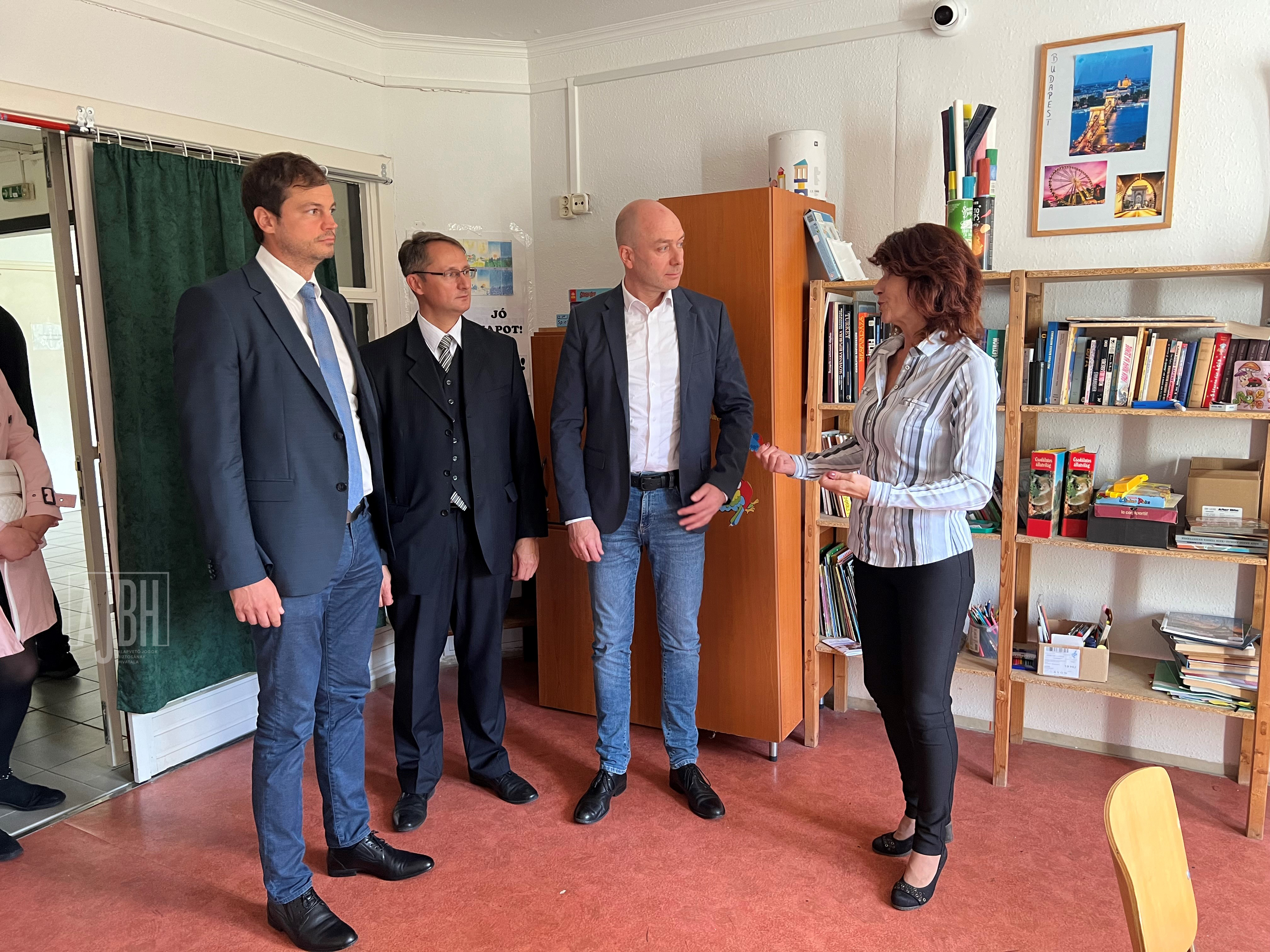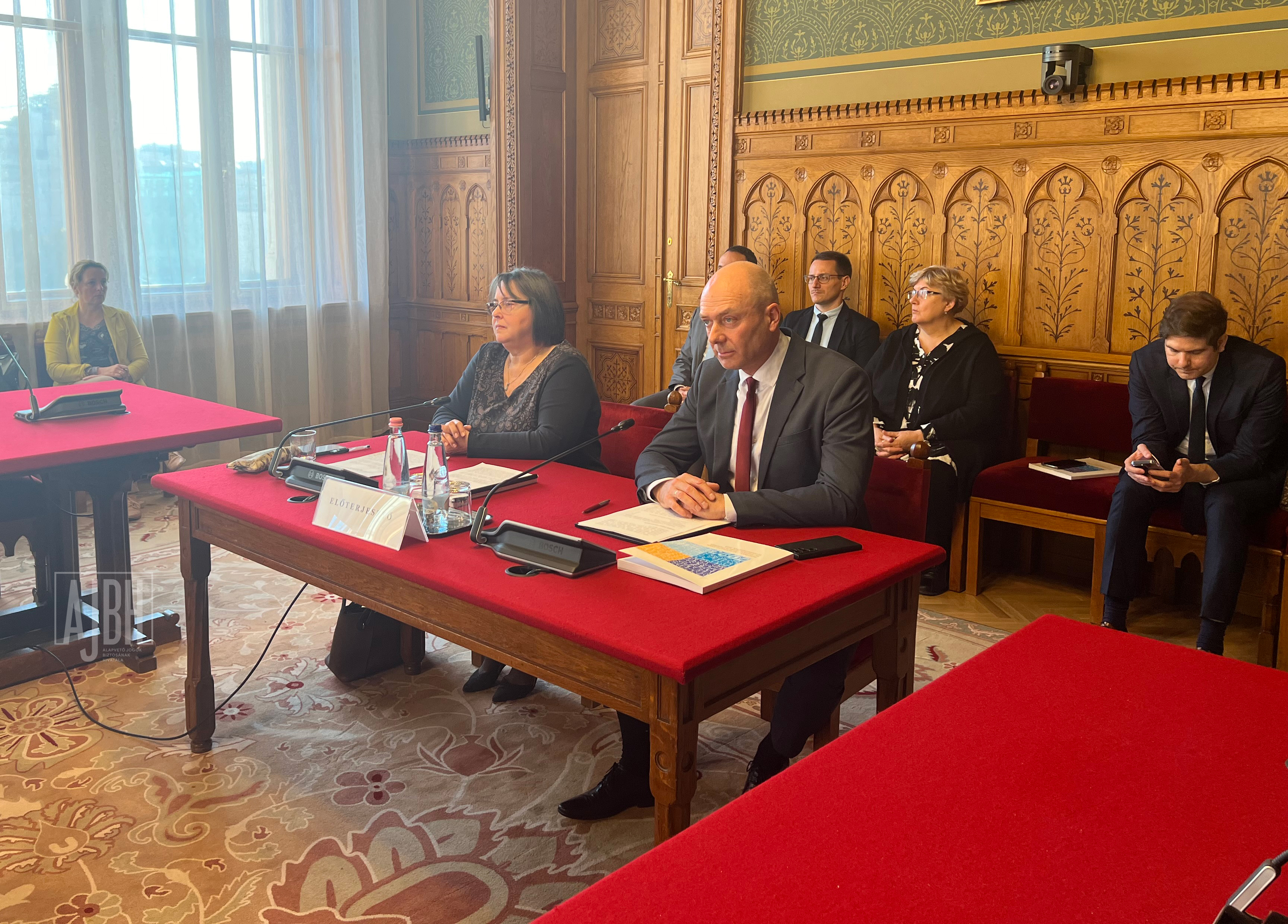Visit of the Serbian Ombudsman - AJBH-EN
Asset Publisher
null Visit of the Serbian Ombudsman
Visit of the Serbian Ombudsman
The Ombudsman of the Republic of Serbia and his colleagues were received by Deputy Commissioner for Fundamental Rights, Ombudsman for the Rights of National Minorities Elisabeth Sándor-Szalay and Secretary General of the Office of the Commissioner for Fundamental Rights Miklós Garamvári, on behalf of the Hungarian Commissioner of Fundamental Rights.
At the professional meeting, Serbian Ombudsman Zoran Pašalić said that this visit was a part of a European tour, during which he finds out about the competences of the Ombudsman’s institutions of the Czech Republic, Slovakia and Hungary, as well as the frameworks and directions of a future cooperation, furthermore, experience can be exchanged on the protection of minority rights and the lessons learnt from the activities pursued by the OPCAT National Preventive Mechanism.
The Serbian Ombudsman’s institution that has been working since 2007 currently has a rather limited competence and cannot always respond to the social challenges and the related EU requirements. With this background, the primary reason why Zoran Pašalić contacted the Czech, Slovakian and Hungarian Ombudsman’s Offices was to find inspiration for the transformation of the Serbian Ombudsman’s institution, which he encourages.
The Serbian Ombudsman presented a recent report, in which the rights of language use of the 24 national minorities living in Serbia are analyzed. In addition to publishing this report, Mr. Pašalić would also like to launch a comprehensive social attitude shaping project, for which he asked for the professional advice of his Hungarian colleague, among others.
One of the deputies of the Serbian Ombudsman performs the tasks of the National Preventive Mechanism (NPM) defined in the Optional Protocol to the UN Convention against Torture and other Cruel, Inhuman or Degrading Treatment or Punishment (OPCAT). The Hungarian and the Serbian NPMs have a close cooperation in the framework of the South-East Europe NPM Network, so the two NPMs shared their experience related to closed institutions as well. The representatives of the two institutions expressed their intention to continue this intensive cooperation and exchange of experience.
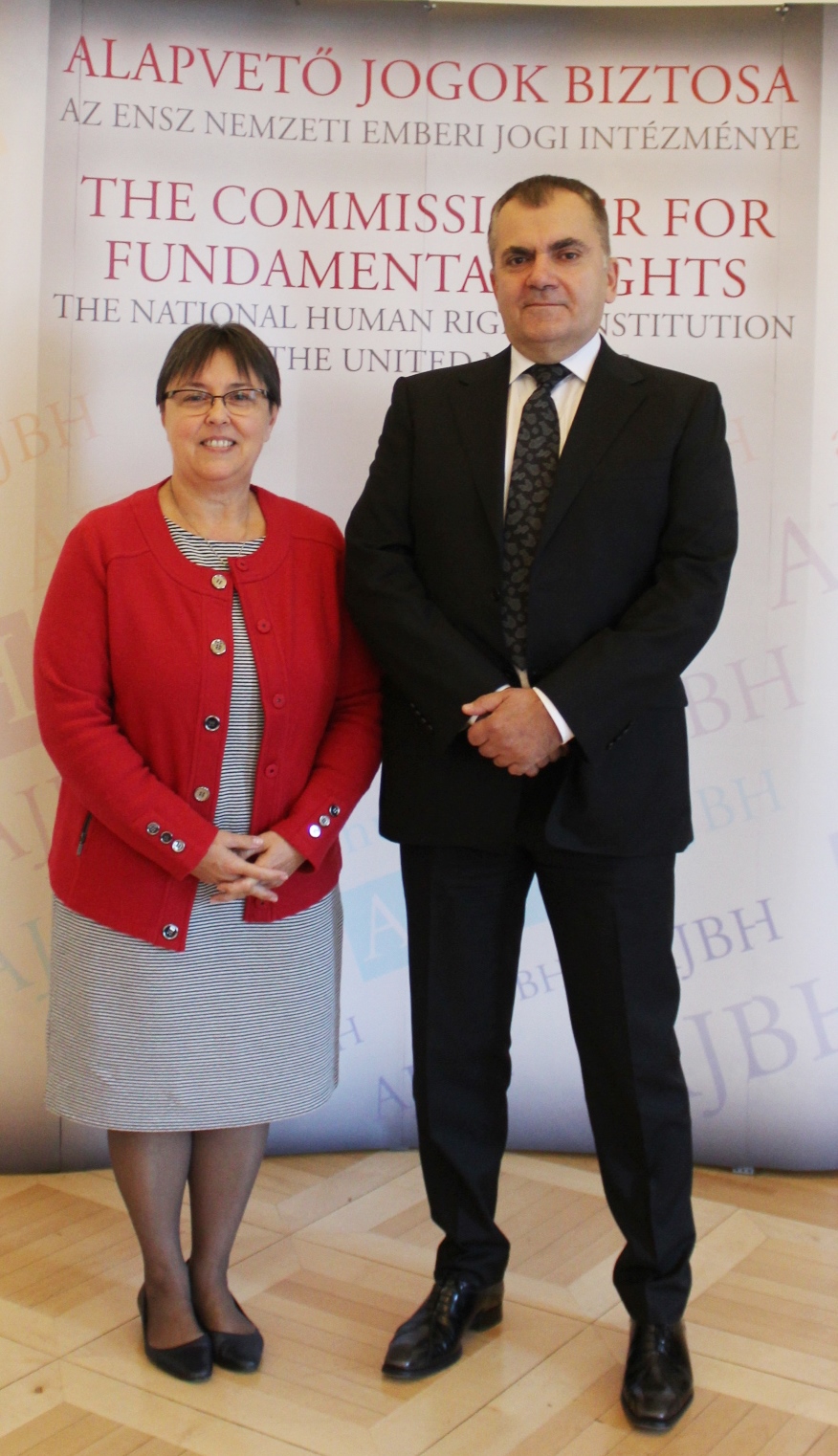
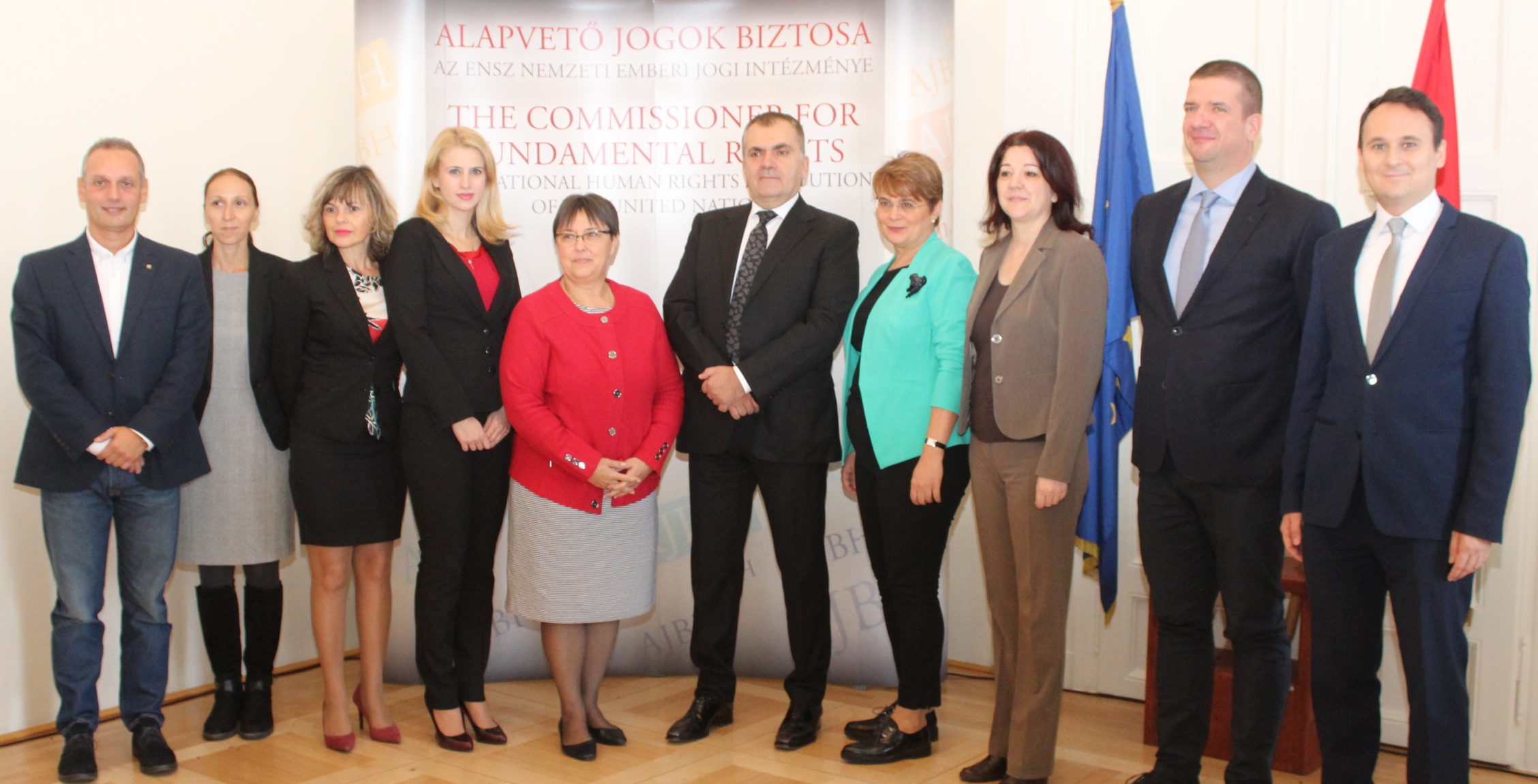
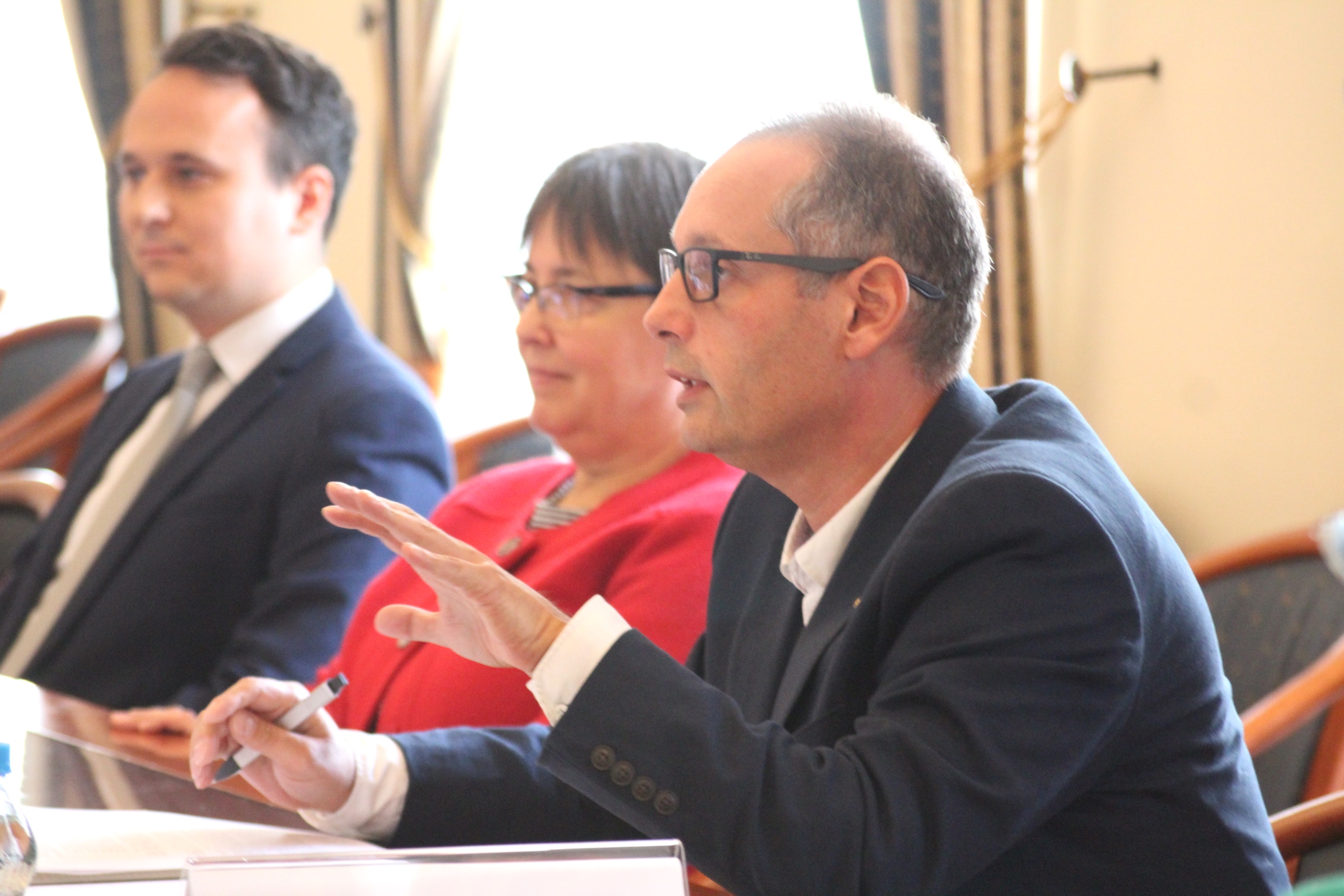
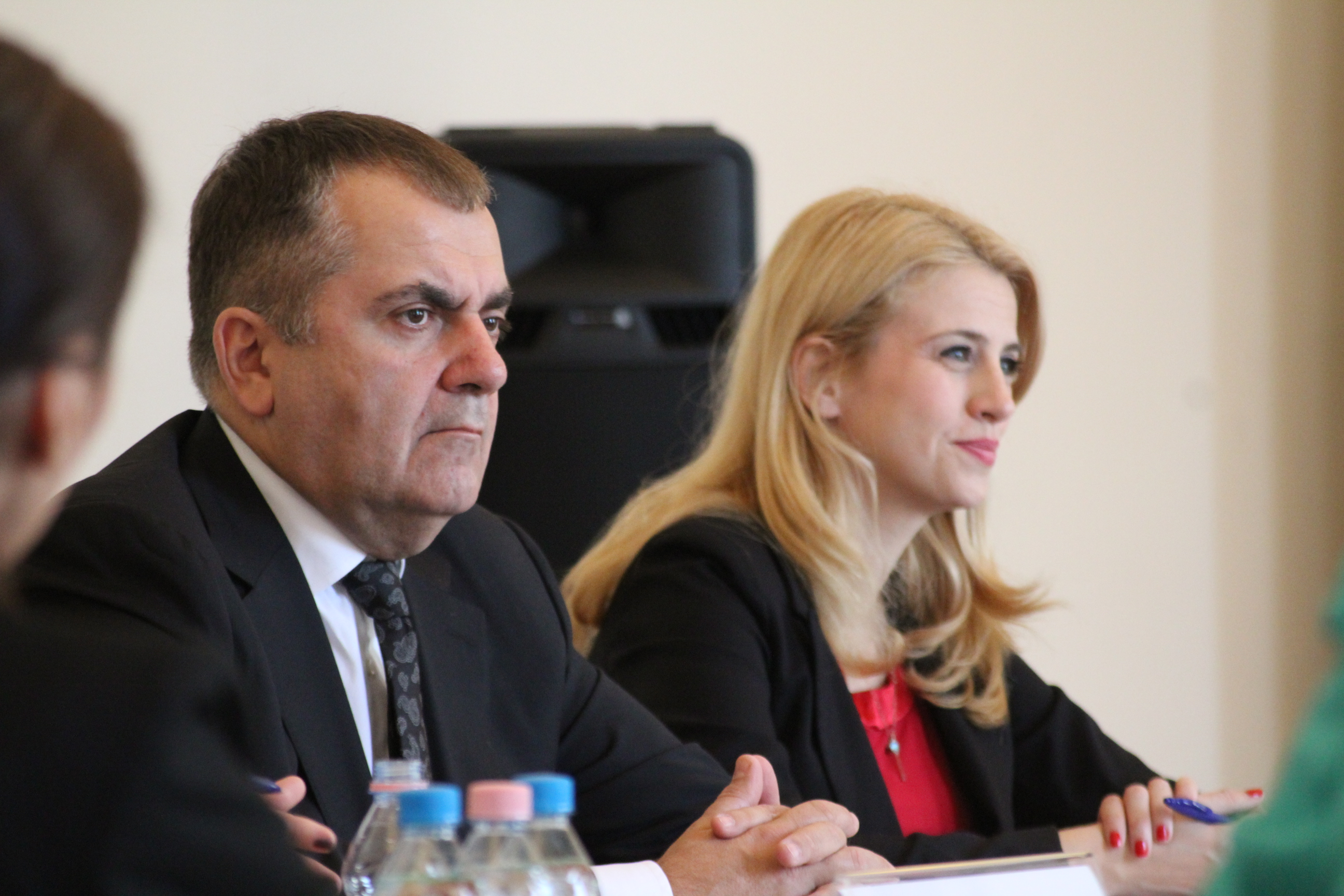
Recommendation
Asset Publisher
